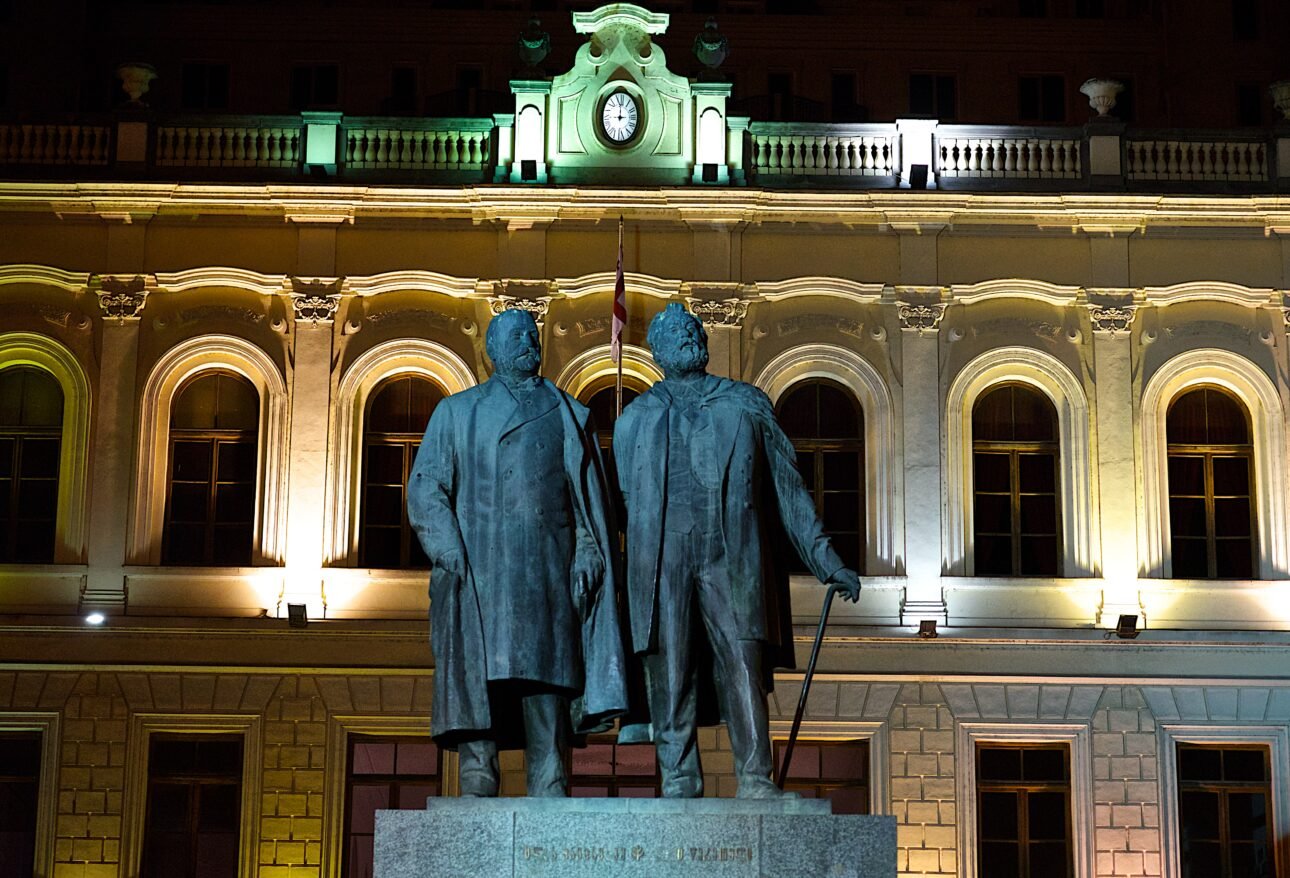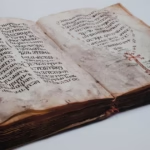Ilia Chavchavadze – The Voice of a Nation
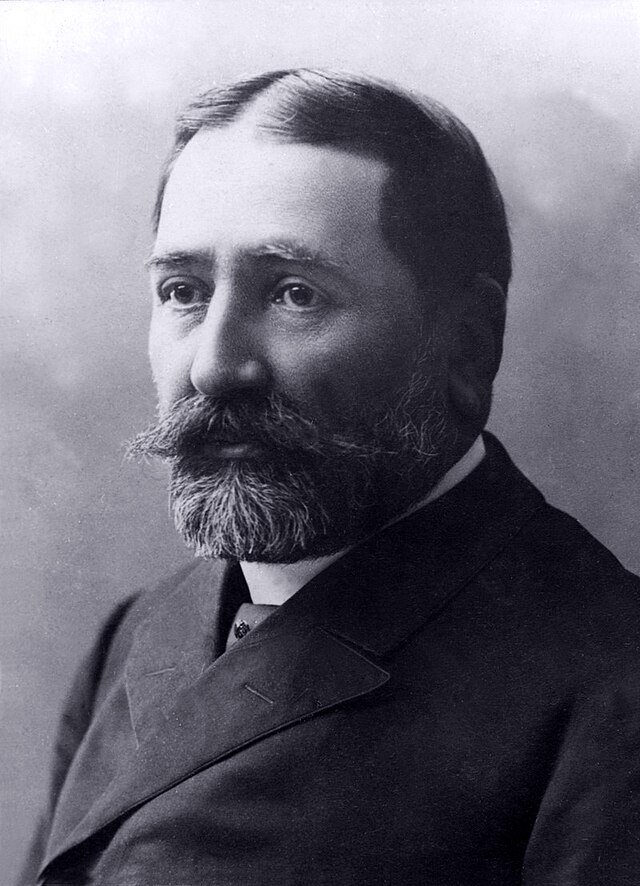
Ilia Chavchavadze was not only a writer. He was also a national leader and visionary. His work played a vital role in reviving Georgian language, identity, and values during Russian imperial rule.
📘 Key Work: “Man is a Man, Isn’t He?” (K’atsia Adamiani?)
In this short story, Ilia explores social injustice and moral responsibility. It challenges readers to reflect on humanity, dignity, and fairness.
Furthermore, Ilia founded newspapers, supported education, and promoted civic values. His ideas helped shape Georgia’s path toward modern nationhood.
Akaki Tsereteli – The People’s Poet
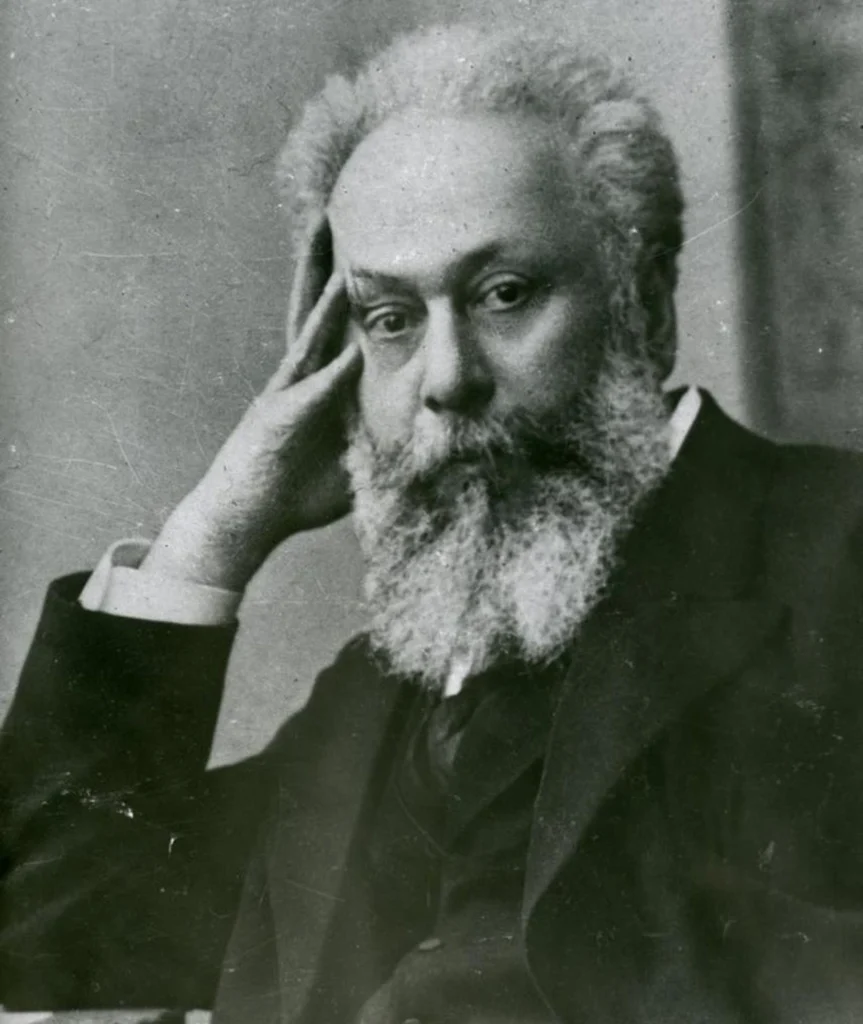
Akaki Tsereteli was known for his lyrical and heartfelt poetry. His poems often expressed love for the homeland and empathy for ordinary people. Many of them were set to music and became part of Georgia’s national spirit.
In addition, Akaki used satire to criticize corruption and injustice. He wrote with passion and clarity, making his work accessible and moving.
Vazha-Pshavela – Nature, Myth, and Moral Universes
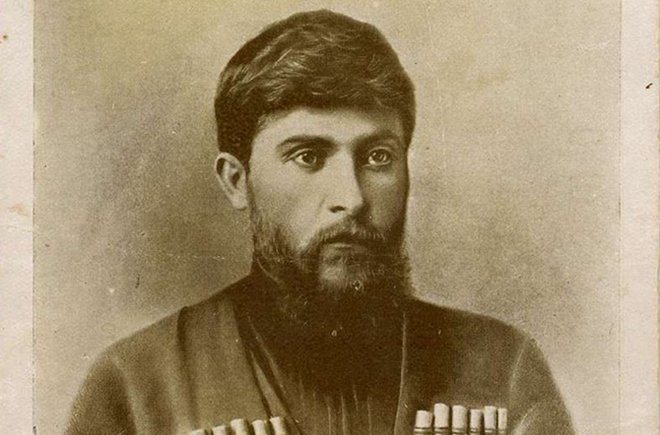
Vazha-Pshavela brought a unique voice to Georgian literature. He combined epic storytelling with deep moral questions. His poems explore themes such as loyalty, revenge, freedom, and compassion.
📘 Key Work: “The Fawn’s Tale” (Shvili’s Nugkri’s Naambobi)
This poem tells the tragic story of a young fawn abandoned in the forest. It speaks to themes of innocence, cruelty, and the struggle for kindness in a harsh world.
Other major works, like “Aluda Ketelauri” and “The Snake Eater,” question the values of tribal justice. Vazha encouraged his readers to think beyond tradition and embrace shared humanity.
Galaktion Tabidze – The King of Symbolism

In the early 20th century, Galaktion Tabidze emerged as the singular voice of Georgian symbolism, earning him the title “The King of Poets.” His deeply introspective and emotionally charged poems captured the tension of an era—beauty wrapped in melancholy, identity shaped by solitude.
📘 Essential Poems:
- “Mtatsminda’s Moon” (Mtatsmindis Mtvare)
- “Me and the Night” (Me da Game)
- “The Gravedigger” (Mesaplavé)
Galaktion’s haunting style, characterized by rich imagery and existential themes, resonated profoundly with readers navigating the uncertainty of a rapidly changing world. Despite surviving Stalinist purges, his life ended tragically, underscoring the quiet pain in his poetry.
Why This Era of Georgian Literature Still Matters
The 19th and early 20th centuries in Georgian literature were not just a creative period—they were an act of national preservation. Through poetry and prose, these writers forged a cultural identity that withstood imperialism, oppression, and upheaval.
Their legacy is more than literary—it’s spiritual, moral, and eternal.

